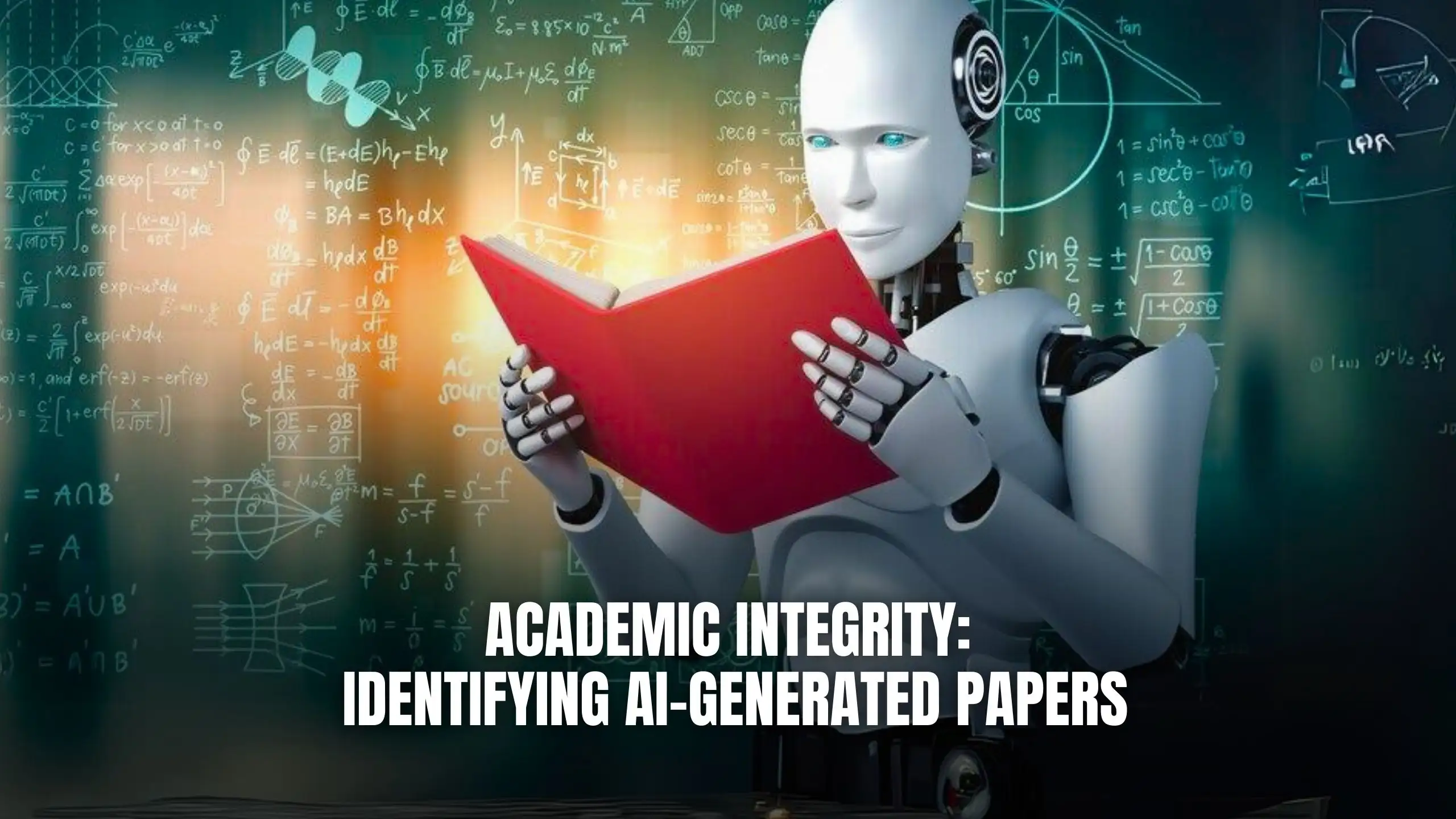Academic Integrity: Identifying AI-Generated Papers
- AI Image Generators Software AI Writing Assistant Popular Tools AI Tools


Academic Integrity: Identifying AI-Generated Papers
Maintaining academic integrity is paramount in educational institutions worldwide. However, the emergence of AI technologies, such as language models like ChatGPT, has raised concerns about the authenticity of student papers. In this blog, we delve into the methods and challenges associated with identifying AI-generated papers to uphold academic standards.
Understanding the Challenge
Detecting AI-generated papers presents a multifaceted challenge for educators and institutions. While AI tools like ChatGPT can produce convincing content, they often lack the coherence and depth characteristic of human-authored work. However, distinguishing between AI-generated and human-written papers requires a nuanced approach.
Challenges:
Natural Language Generation: AI models like ChatGPT excel at generating text that mimics human writing styles, making it challenging to differentiate between AI and human-authored content.
Plagiarism Detection: Traditional plagiarism detection tools may struggle to identify AI-generated content, as it may not match existing sources verbatim.
Evolving AI Capabilities: As AI technologies evolve, detecting AI-generated papers becomes increasingly complex, requiring ongoing adaptation and innovation.
Methods for Identifying AI-Generated Papers
To address the challenge of identifying AI-generated papers, educators and institutions can employ a combination of manual review, technological tools, and educational strategies. By leveraging advanced plagiarism detection software, implementing AI detection algorithms, and fostering a culture of academic integrity, institutions can uphold standards of authenticity and originality.
Solutions:
Advanced Plagiarism Detection Software: Utilize sophisticated plagiarism detection tools capable of identifying subtle differences in writing styles and language patterns indicative of AI generation.
AI Detection Algorithms: Develop AI-driven algorithms specifically designed to detect AI-generated content by analyzing linguistic features, syntactic structures, and semantic coherence.
Educational Initiatives: Educate students and faculty about the implications of AI technologies on academic integrity, emphasizing the importance of originality, citation, and ethical research practices.
Relevant SaaS Products
- Turnitin: Leading plagiarism detection software widely used in educational institutions to identify potential instances of plagiarism and uphold academic integrity.
- Copyscape: Online plagiarism checker that scans the web for duplicate content, including AI-generated papers, to ensure originality and authenticity.
- Grammarly: Writing tool with advanced grammar and plagiarism detection helps users maintain high writing quality and authenticity standards.
- Quetext: AI plagiarism checker scans for similarities, offers detailed reports on potential plagiarism, including AI-generated content.
- Unicheck: Plagiarism detection software designed for educational institutions, offering comprehensive scanning capabilities to identify AI-generated papers and maintain academic integrity.
Conclusion
In an era where AI technologies play an increasingly prominent role in content generation, ensuring academic integrity remains a critical challenge for educational institutions. By employing a combination of technological tools, educational initiatives, and ethical guidelines, institutions can effectively identify and mitigate the risks associated with AI-generated papers, upholding the standards of authenticity and originality in academic research and writing.
Empower academic institutions with enhanced tools for identifying AI-generated papers! Explore exclusive deals on top SaaS products tailored to address the challenges of maintaining academic integrity at Subscribed.fyi.
Relevant Links:








